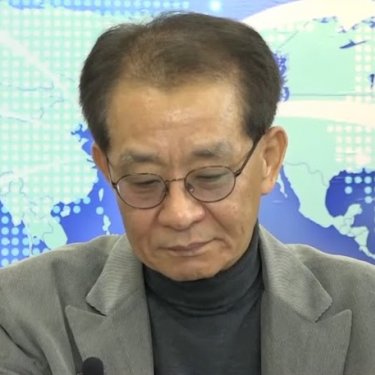RSF calls for the release of South Korean journalist jailed for defamation

Reporters Without Borders (RSF) calls for the release of South Korean journalist and political commentator Woo Jong-chang, sentenced to eight months in prison for defamation under legislation that is non-compliant with international legal standards.
[Editor's Note] Considering that this statement, originally published on 18th August 2020, contained good faith but erroneous interpretations, we have since modified certain paragraphs. On all continents, Reporters Without Borders is calling for the repeal of legal provisions that make defamation punishable with custodial sentences. Calling for the release of Woo Jong-chang, under this principle, does not therefore amount to endorsing his allegations or of course the lack of fact-checking.
South Korean journalist and political commentator Woo Jong-chang was sentenced on 17th July to eight months’ imprisonment for defamation by the Seoul Northern District Criminal Court and imprisoned for failing to prove the accuracy of his allegations. In a video posted on YouTube, he implied that the corruption trial of former President Park Geun-hye in 2016 could have been influenced by a dinner between a presidential official, who was later appointed Minister of Justice, and one of the judges in charge of the trial.
“Reporters Without Borders is not opposed to the existence of laws punishing defamation, but the South Korean law which makes it a crime punishable by deprivation of liberty does not comply with international standards”, insists Cédric Alviani, Reporters Without Borders (RSF) East Asia bureau head. “This is not to justify the publication of unverified allegations, but to prevent the risk of a prison sentence that could dissuade journalists from publishing accurate facts when they are unable to provide evidence publicly".
South Korea, ranked 42nd out of 180 countries in RSF's 2020 World Press Freedom Index, is a parliamentary democracy that respects freedoms but punishes defamation by up to seven years in prison. Organisations across the world that defend freedom of speech oppose such legal provisions.



